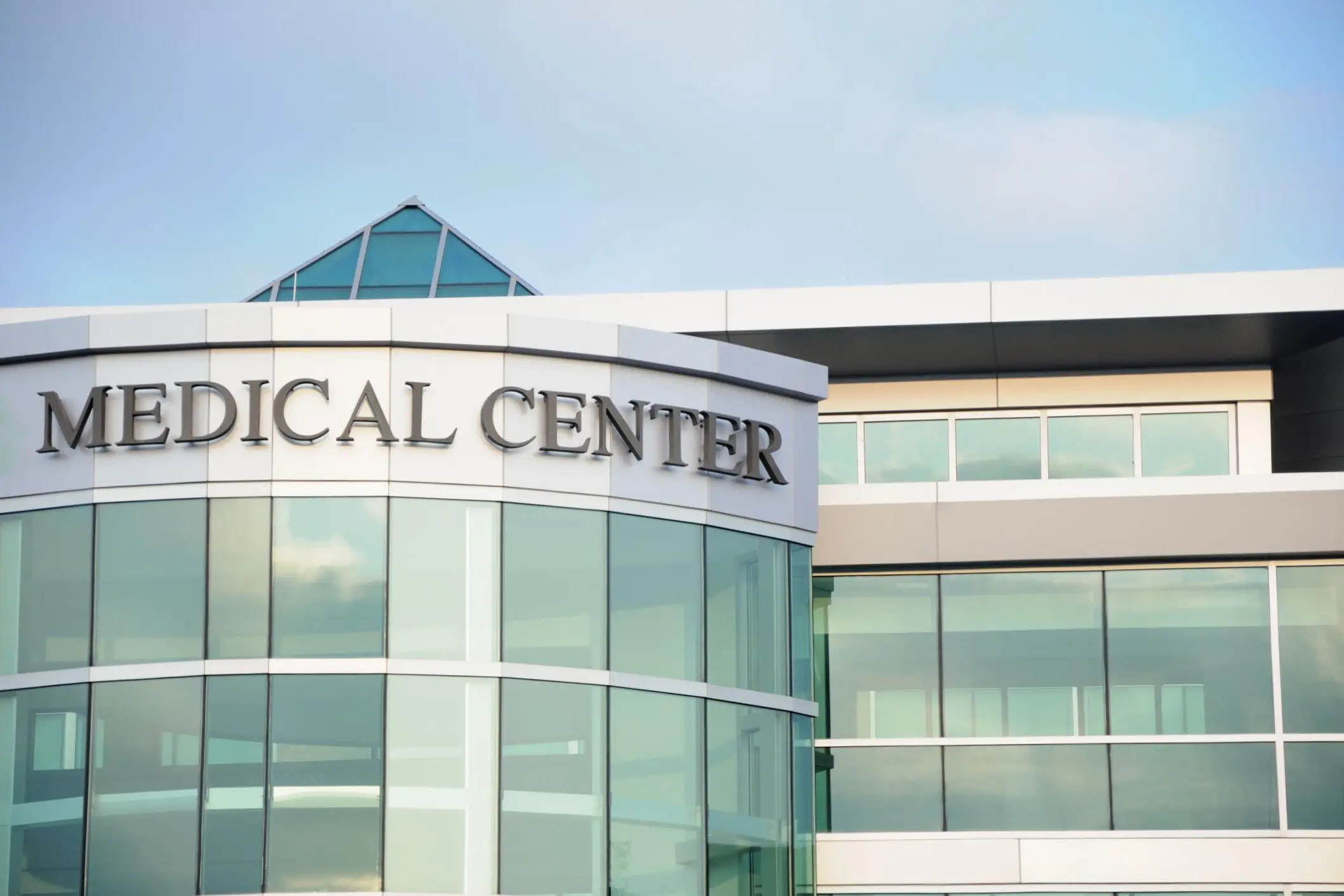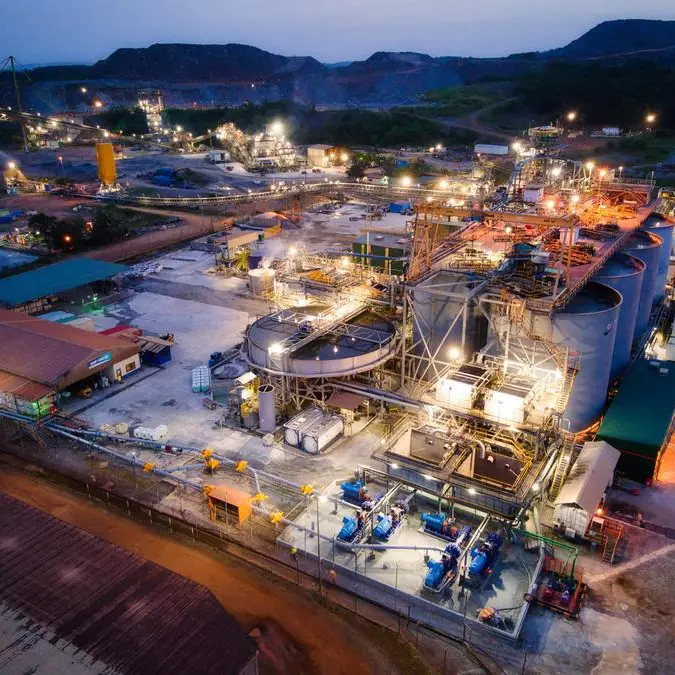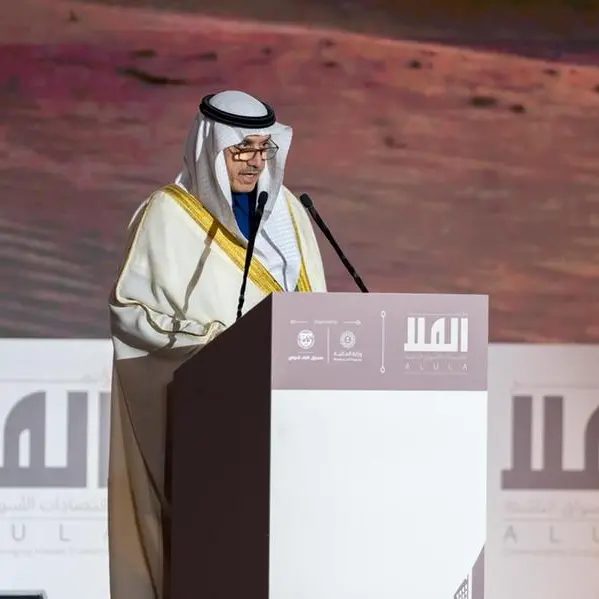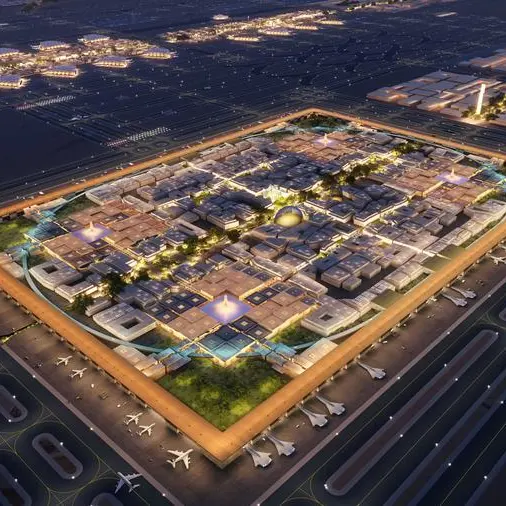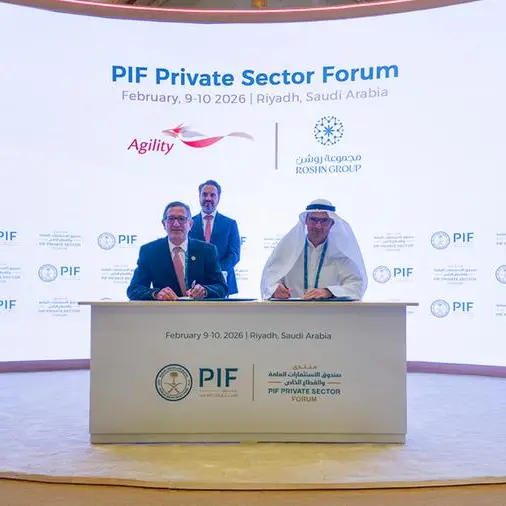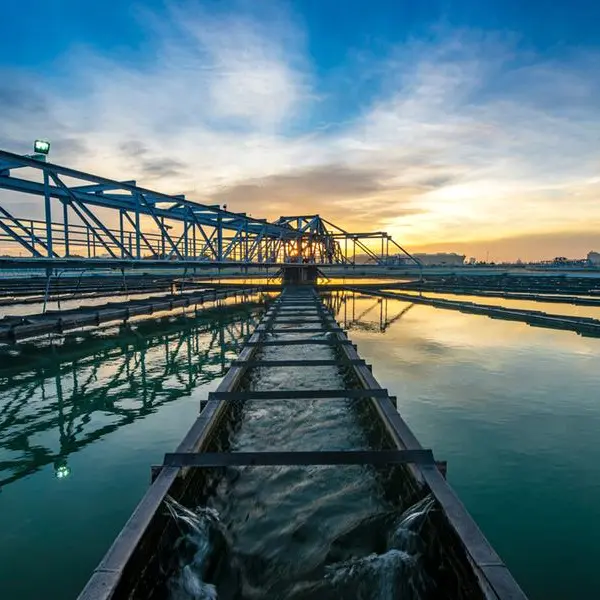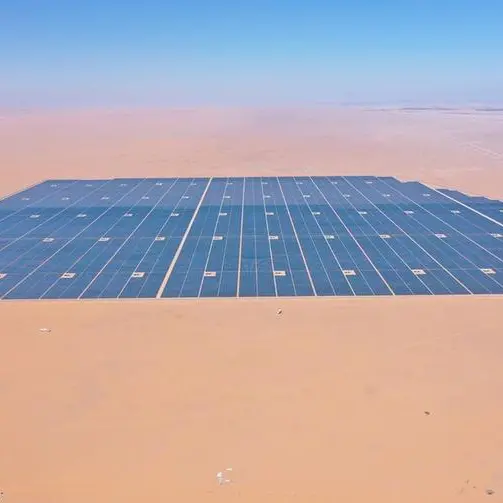PHOTO
Medical tourism and a pivot away from oil is driving growth in healthcare spending in the Gulf, with mega health projects valued at around $2.5 billion planned or already under construction.
Gulf states keen to diversify away from oil are developing their healthcare sector to provide world class medical care to citizens, promote medical tourism and move away from government-subsidised healthcare to private operators.
Gulf Cooperation Council (GCC) citizens have traditionally headed to India and beyond for medical treatment, both urgent and cosmetic. The United Arab Emirates and other states are now leading the charge in reversing that trend, determined to make medical tourism a leading economic driver in the coming years.
UAE currently spends around 4 per cent of its GDP on health, and total healthcare spend for the Gulf region is expected to total $89 billion in 2022, up 50 per cent from 2013, according to a recent KPMG report.
Globally, spending on health continually rose between 2000 and 2018 to reach $8.3 trillion or 10 percent of global GDP, according to a recent World Health Organisation report.
And according to data specialists STATISTA, in 2017, Saudi Arabia and Kuwait had the highest health expenditure as a percentage of their gross domestic product (GDP) among the GCC countries at about 5.2 percent of their GDP each. The average healthcare expenditure as a percent of GDP in the region for that year was 4.4 percent.
Saudi Arabia, Kuwait, Bahrain and Oman are among the GCC members states putting health first.
Here’s the top 5 healthcare projects in the GCC
SABAH AL SALEM UNIVERSITY CITY HEALTH SCIENCES CENTRE
Country: Kuwait
Cost: $1.2 billion
Status: Design stage
Expected completion: Late 2026
The scope of work involves the construction of Health Science Campus (HSC), located on the West side of the Main Campus. It is an integral part of Sabah Al-Salem University City but functionally, it is an independent self-supporting entity. HSC includes five medical colleges, research laboratories, a research centre, teaching hospital and clinics, medical support facilities, hospital staff housing, and other academic, administrative and service support facilities.
It has its own Central Utility Plant (CUP) with utility distribution tunnels to supply utilities to all the buildings and the facilities in the HSC. The utility Tunnels of HSC and Main Campus are to be interconnected to ensure efficient distribution of utilities to all buildings within the University City.
Sabah Al Salem University will house the college of public health, training centers, college of pharmacy, college of dentistry, college of allied health, college of medicine, student centres, health science centres, prayer centre, faculty club, a 690-bed university hospital, research centre, staff housing, out-patient housing, surface/deck parking, support facilities and a mosque.
The project also includes 25 faculty buildings, laboratories, operating rooms, an endoscopy block, an intensive care unit, an emergency service unit, outpatient wards, medical imaging department, infrastructure works, parking facilities and associated facilities.
KING FAHAD MEDICAL CITY EXPANSION
Country: Saudi Arabia
Estimated cost: $370 million
Status: Under construction
Expected completion: Late 2022
The project, coming in at just under $400 million, is currently under construction and work involves expanding the King Fahad Medical City in Riyadh, Saudi Arabia.
Located in the centre of Saudi capital Riyadh, King Fahad Medical City (KFMC) has been designed to be the largest and most advanced medical complex in the Middle East.
The vast medical campus integrates architecture, technology, interiors, and landscape into a humanistic design while respecting culture and context to create Centres of Excellence for patients, family, and staff.
The project involves expansion of a 1,395-bed medical campus by adding a 231-bed, state-of-the-art cancer and proton beam therapy centre, a 316-bed neuroscience institute, a 48-bed cardiovascular centre, a 6-storey laboratory and office building, central energy plant, 320-metre services tunnel, two-level car parking and associated facilities.
SULTAN QABOOS HOSPITAL SALALAH
Country: Oman
Estimated cost: $350 million
Status: Design stage
Expected completion: Late 2023
Sultan Qaboos Hospital Salalah, slated for completion by December 2023, consists of a seven-storey hospital building with 700 beds located in a 94,400 square metre area in Al Khoudh, Salalah, Dhofar, Oman. The hospital will feature a day care unit, minor operations room, units for physiotherapy, radiotherapy, internal medicine, general surgery, obstetrics and gynaecology, orthopaedic, ophthalmology, urology, neurosurgery units, and reconstruction and burns.
In September 2020, Oman Observer had reported that the foundation stone has been laid for the hospital. Past local media reports have said the project would be implemented in two phases: The first phase comprising initial design and mobilisation activities, and the second phase commencing once the design has been completed and funding has been finalised.
KING ABDULLAH MEDICAL CITY HOSPITAL (PHASE 1)
Country: Bahrain
Estimated cost: $300 million
Status: Under construction
Expected completion: Early 2022
The scope of work involves the construction of an eight-storey hospital at the King Abdullah Medical City, Durrat Al Bahrain, Bahrain. Phase 1, called the Academic Medical Centre. will offer 269 inpatient beds, 12 birthing rooms and 11 operating theatres and diagnostic and treatment services in medicine, surgery, women’s and children’s healthcare, local newspaper The Daily Tribune reported in January 2021. Phase 1 is slated for completion in January 2022.
SAUDI GERMAN HOSPITAL DUBAI
Country: UAE
Estimated Cost: $300 million
Status: Under construction
Expected completion: End-2021
The project consists of a 150-bed hospital and medical college complex, comprising a ground floor and seven floors at Al Barsha 3, Dubai. Saudi German Hospitals is part of Saudi German Health group with operations in Saudi Arabia, UAE, Egypt and Yemen.
(Writing by SA Kader; Additional writing by Senthil; Editing by Charles Lavery and Anoop Menon)
Disclaimer: This article is provided for informational purposes only. The content does not provide tax, legal or investment advice or opinion regarding the suitability, value or profitability of any particular security, portfolio or investment strategy. Read our full disclaimer policy here.
© ZAWYA 2021
